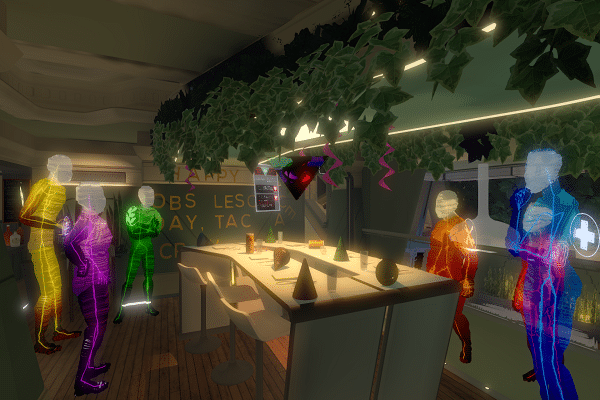ELF OpenGo bot has received the professional status after winning 14 games played against top 30 human players recently, announced at Facebook’s F8 developer conference.
To address the complex gaming issues and democratize AI research efforts, the Facebook’s AI Research lab (FAIR) team has created ELF: an Extensive, Lightweight, and Flexible platform for game research. ELF gives researchers opportunity to test their algorithms in various game environments, including board games, Atari games (via the Arcade Learning Environment), and custom-made, real-time strategy games. It runs on GPU enabled laptops, also supports training AI in more complicated game environments, like in real-time strategy games, within a day using only six CPUs and one GPU.
“We salute our friends at DeepMind for doing awesome work,” Facebook CTO Mike Schroepfer, “But we wondered: Are there some unanswered questions? What else can you apply these tools to.” As Facebook notes in a blog post today. Also Facebook has open-sourced its bot. “To make this work both reproducible and available to AI researchers around the world, we created an open source Go bot, called ELF OpenGo, that performs well enough to answer some of the key questions unanswered by AlphaGo,” said by the team.
ELF platform is embedded with a real-time strategy engine and environment called Mini-RTS. It is efficiently fast, like the game environment runs 40,000 frames per second per core on a Macbook Pro.
It obtains the main dynamics of a real-time strategy game. Both players gather resources, build facilities, explore unknown territory (terrain that is out of sight of the player), and attempt to control regions on the map.
Interestingly,the engine has characteristics that facilitate AI research: perfect save/load/replay, full access to its internal game state, multiple built-in rule-based AIs, visualization for debugging, and a human-AI interface, among others. In a nutshell, AIs trained on Mini-RTS have displayed promising results, beating the built-in AI agent 70 percent of the time showing that it is possible to train AI to accomplish tasks and prioritize actions in relatively complex strategy environments.
With the ELF platform, the team is on their way to conduct research focused on helping computers develop approaches to handle exponential action space, long-delayed rewards, and incomplete information.









































































